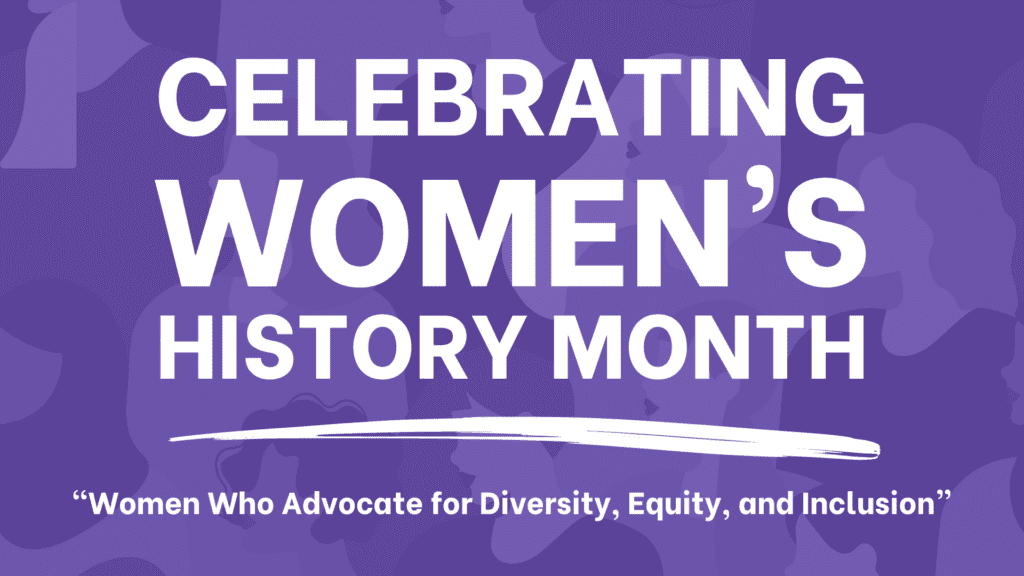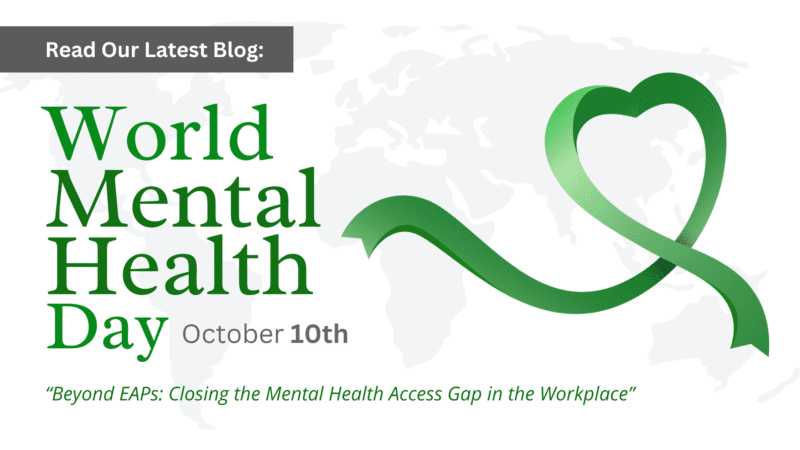
As we commemorate Women’s History Month, it’s important to reflect on this year’s theme of “Women Who Advocate for Diversity, Equity, and Inclusion.” The role of diversity, equity, and inclusion (DEI) in reshaping the modern workplace and fostering an environment where all women can flourish professionally, regardless of their background is paramount to the success of all organizations. While there has been much progress made in this area, there is still work to be done to ensure the workplace — and our overall communities — are equitable and prosperous to all, no matter their gender.
Women in the Workplace: Progress to be Made:
Despite progress, women remain underrepresented in leadership positions. According to the World Economic Forum, women held only 32.2% of senior management roles in 2023 despite accounting for over 41% of the workforce. Moreover, women of color face even greater obstacles in reaching leadership positions. The Women in the Workplace study by McKinsey & Company found that women of color make up only 18% of entry-level roles but hold merely 4% of C-suite positions.
This disparity in leadership opportunities is exacerbated by systemic biases that often result in women being passed over for promotions or leadership roles compared to their male counterparts. Research by LeanIn.Org and McKinsey & Company reveals that for every 100 men promoted to manager, only 85 women are promoted, and the gap widens for women of color, with only 58 Black women and 71 Latinas promoted.
The gender wage gap further compounds these challenges, with women earning, on average, 82 cents for every dollar earned by men, according to data from the U.S. Census Bureau. However, the disparity is even more pronounced for women of color. For instance, Black women earn only 63 cents, and Latina women earn just 55 cents for every dollar earned by white, non-Hispanic men.
Importance of DEI in the Workplace:
These statistics underscore the urgent need for organizations to prioritize DEI initiatives aimed at dismantling systemic barriers and promoting equal opportunities for women in the workplace. Implementing transparent and equitable hiring and promotion practices, providing mentorship and sponsorship programs, and conducting regular pay equity audits are essential steps toward fostering a more inclusive and equitable workplace.
Moreover, fostering an inclusive workplace culture where diverse voices are valued, respected, and empowered to contribute is essential for driving innovation, enhancing decision-making, and ultimately, achieving organizational success. By championing diversity, equity, and inclusion, we can create a workplace where all women have the opportunity to thrive, paving the way for a more equitable and inclusive future for generations to come.
As we celebrate Women’s History Month, let’s recommit ourselves to advancing DEI in the workplace. Whether as leaders, employees, or allies, each of us has a role to play in creating a more inclusive and equitable environment where all women can thrive. By embracing diversity, fostering inclusion, and championing equity, we can build a brighter future not only for women but for society as a whole. Together, let’s make every month a celebration of progress towards a more diverse, equitable, and inclusive world




